
From the effects of emotional stress to the unexpected connections between oral hygiene and heart disease, optimal heart health is vital. Some lesser-known facts about heart health might surprise you!

In her 20s, Anne noticed some irregularities in her heartbeat. She was advised it wasn’t dangerous but became concerned as the symptoms worsened over the years.

Early detection of heart disease is possible if you are aware of the symptoms.

Picture this: you're on a treadmill, feeling the burn, while your doctor closely monitors your heart's every beat. Sounds intense?

Understanding your family’s heart health history is powerful information in protecting your own wellbeing.

Electrophysiologists are cardiologists that specialize in understanding your heart’s rhythm.

A minimally invasive procedure used to treat irregular heartbeat and help prevent the initiation of AFib.

Both traditional ablation and PFA have their own set of advantages and disadvantages.

Atrial fibrillation (AFib) can feel like your heart is playing a chaotic drum solo instead of a steady beat.

Early detection of heart disease is possible if you are aware of the symptoms.

Feeling a flutter in your chest or experiencing an unusual shortness of breath?

Heart disease is a major health concern, and its risk increases as we age. However, the process of plaque buildup in our arteries can begin early in life.

Things like blood pressure, cholesterol level, obesity and smoking can increase the risk of heart disease, but family history is a big factor too. Dr. Stephen Broughton, Interventional Cardiologist, explains how he approaches treatment for these patients.
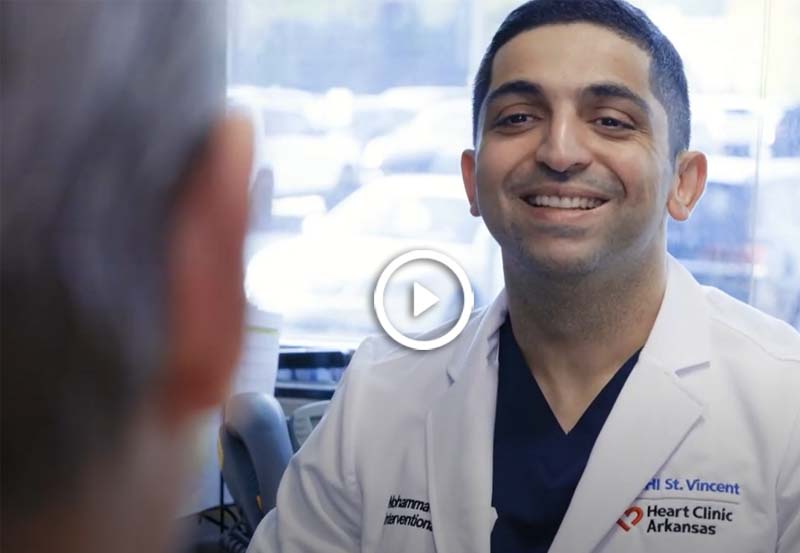
Before causing a heart attack or stroke, heart disease often has subtle symptoms.
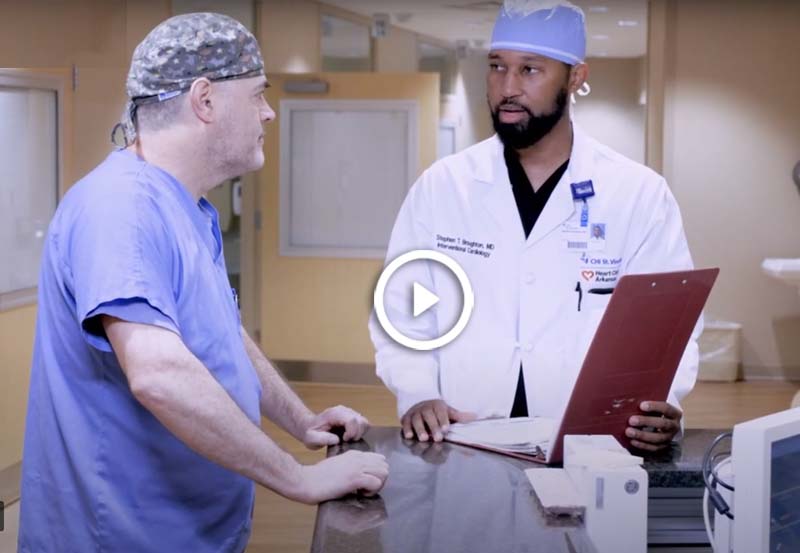
For patients who have signs of developing heart disease, CHI St. Vincent has many of the advances in imaging technology to help diagnose the problem and its severity.
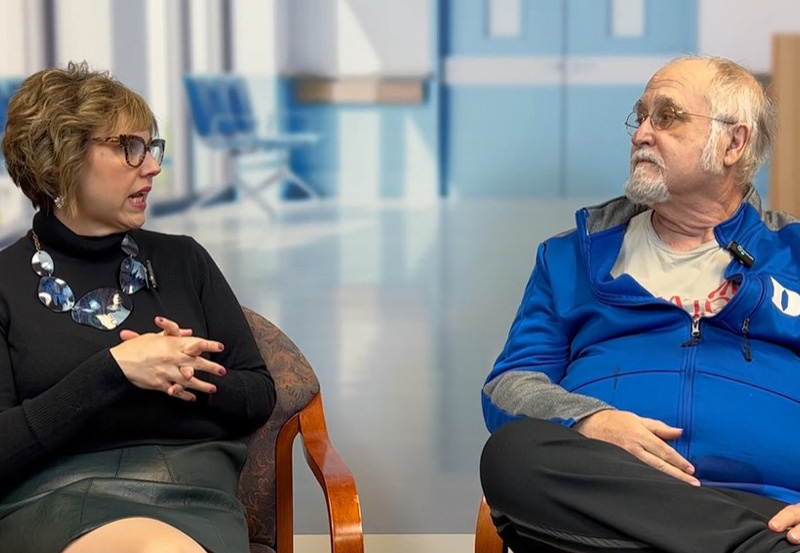
The CHI St. Vincent HeartSmart Screening Program revealed Patrick had major blockage and required a triple bypass surgery. Patrick said he's fortunate to be alive and credits his doctor for recommending the program.

“The process of plaque buildup starts at a very early age. That’s why it’s important to screen for risk factors for developing heart disease or coronary artery disease early in life,” says Dr. Al-Sarie, an interventional cardiologist with the CHI St. Vincent Heart Clinic.

Quickly see the most common signs and symptoms of a heart attack and how they compare with similar conditions like strokes, heartburn, angina, and more.
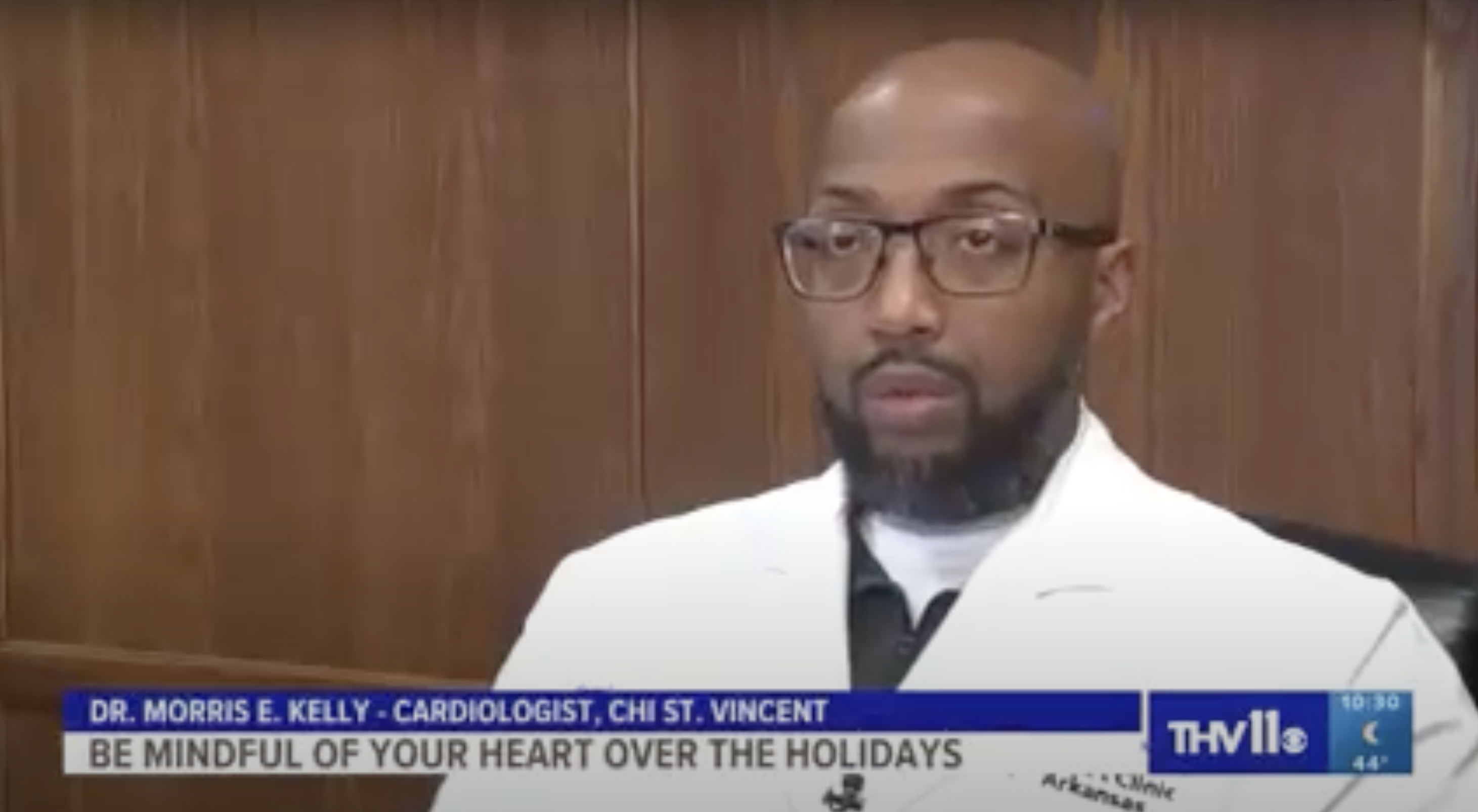
Dr. Morris Kelley, CHI St Vincent Heart Institute cardiologist, discusses how the stress of the holidays can lead to potential heart attacks.
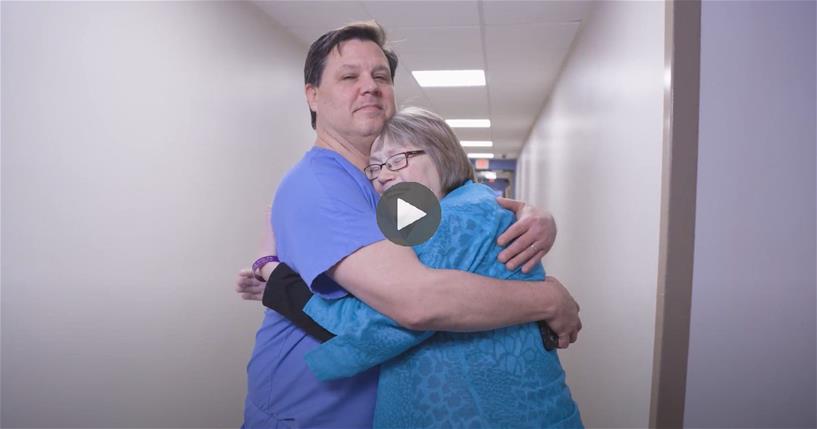
A CHI St. Vincent shares her heart health testimony including how she almost put her life in danger by pushing aside her symptoms.
